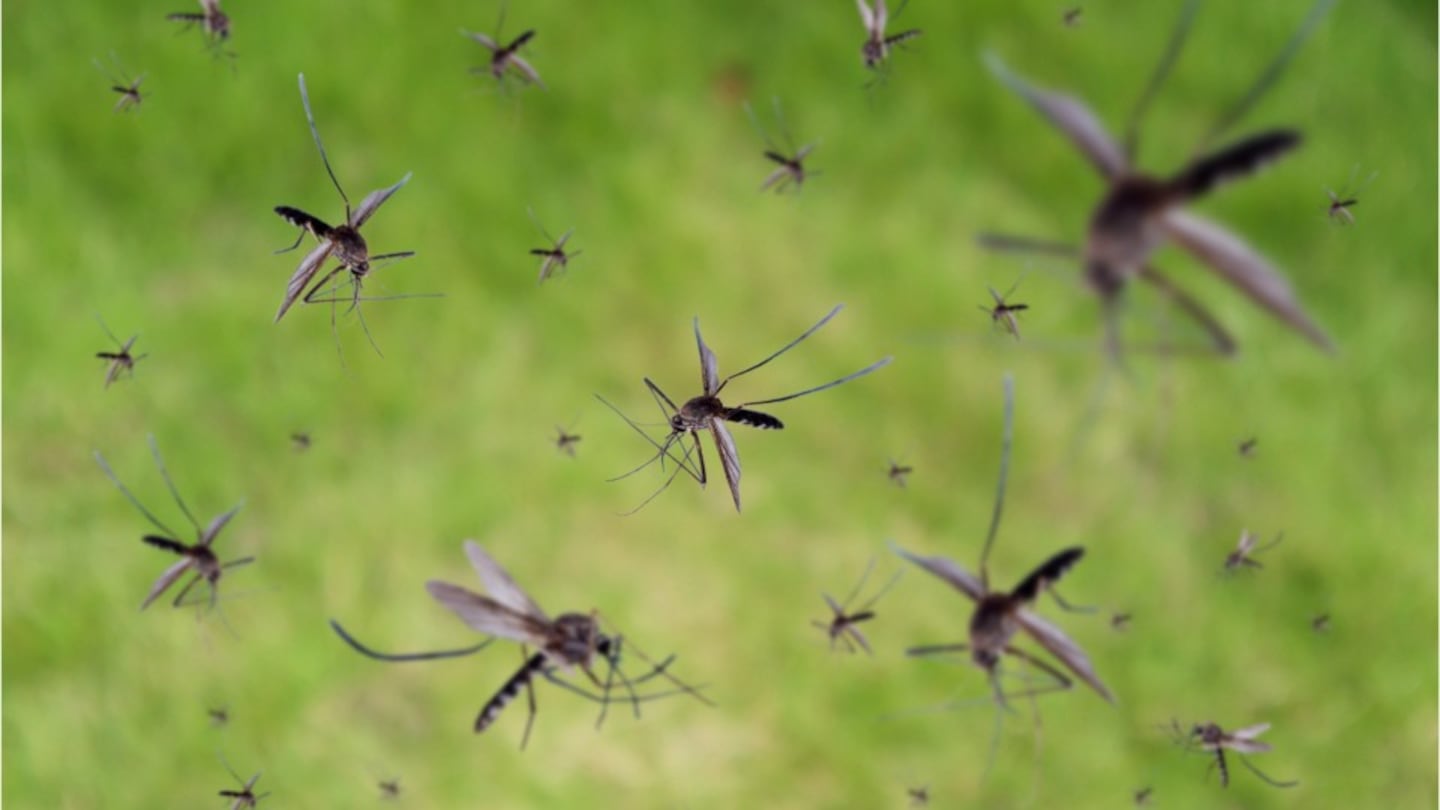MIDDLEBORO, Mass. — Middleboro town officials are urging the public to take precautions against mosquito bites after a horse infected with Eastern Equine Encephalitis, or EEE, has died.
Town officials were notified Thursday that the unvaccinated horse died on Aug. 24 after falling ill with EEE, Town Manager James McGrail said in a statement.
There are currently no human cases of EEE or West Nile Virus in Middleboro. Town officials said they will be monitoring the situation closely.
Immunization for EEE and Western Equine Encephalomyelitis, or WEE, are core vaccines for all horses residing and traveling within the United States, according to guidelines provided by the American Association of Equine Practitioners.
News of the horse’s death in Middleboro came as the region is grappling with mosquito-born viruses that can turn deadly.
In New Hampshire, a 41-year-old resident who had been infected with the EEE virus has died, state health officials said Tuesday.
Steven Perry was hospitalized on Aug. 12 due to a severe central nervous system disease and died on Aug. 19, officials said.
In Massachusetts, public health officials on Thursday confirmed a second human case of Eastern Equine Encephalitis, or EEE, this year as well as a second confirmed case in a horse.
Ten communities in Plymouth and Worcester counties were raised to high or critical risk for EEE after state health officials announced last week that a man in his 80s had caught the disease, the first human case found in Massachusetts since 2020. In Oxford, town officials approved a curfew last week due to EEE risk.
In Plymouth, town officials said that all public parks and fields will be closed daily from dusk until dawn in response to the town’s high-risk status.
Massachusetts will start mosquito spraying amid critical risk for rare but deadly virus
According to the Centers for Disease Control and Prevention, EEE is a rare but serious infection. EEE causes very few human cases each year, but can be fatal. The risk of infection is highest among individuals under the age of 15 and over the age of 50.Local and state officials shared the following tips to help prevent mosquito bites and the transmission of West Nile Virus and EEE:
Avoid mosquito bites and be aware of peak mosquito hours. The hours from dusk to dawn are peak biting times for many mosquitoes. Consider rescheduling outdoor activities that occur during the evening, after 6 p.m. or early morning. Otherwise, take extra care to use repellent and protective clothing. Mosquitoes can be active during daylight hours when the temperatures are cool.
Clothing can help reduce mosquito bites. Although it may be difficult to do when it is hot, wearing long sleeves, long pants and socks when outdoors will help keep mosquitoes away from your skin.
Apply insect repellent when you go outdoors. Use a repellent with DEET (N, N-diethyl-m-toluamide), permethrin, picaridin (KBR 3023) or oil of lemon eucalyptus [p-methane 3, 8-diol (PMD)] according to the instructions on the product label. DEET products should not be used on infants younger than 2 months of age and should be used in concentrations of 30 percent or less on older children. Oil of lemon eucalyptus should not be used on children younger than 3 years of age.
Mosquito-proof your Home and drain standing water. Mosquitoes lay their eggs in standing water. Limit the number of places around your home for mosquitoes to breed by either draining or getting rid of items that hold water. Check rain gutters and drains. Empty any unused flowerpots and wading pools, and change water in birdbaths frequently.
Install or repair screens. Some mosquitoes like to come indoors. Keep them outside by having tightly fitted screens on all windows and doors.
Protect your animals. Animal owners should reduce potential mosquito breeding sites on their property by eliminating standing water from containers such as buckets, tires, and wading pools – especially after heavy rains.
Water troughs provide excellent mosquito breeding habitats and should be flushed out at least once a week during the summer months to reduce mosquitoes near paddock areas. Horse owners should keep horses in indoor stalls at night to reduce their risk of exposure to mosquitoes. Owners should also speak with their veterinarian about mosquito repellents approved for use in animals and vaccinations to prevent WNV and EEE.
If an animal is suspected of having West Nile Virus or EEE, owners are required to report to the Department of Agricultural Resources, Division of Animal Health by calling 617-626-1795, and to the Department of Public Health by calling 617- 983-6800.
More information, including all West Nile Virus- and EEE-positive results can be found at this website or by calling the DPH Division of Epidemiology at 617-983-6800.
This is a developing story. Check back for updates as more information becomes available.
Download the FREE Boston 25 News app for breaking news alerts.
Follow Boston 25 News on Facebook and Twitter. | Watch Boston 25 News NOW
©2024 Cox Media Group








